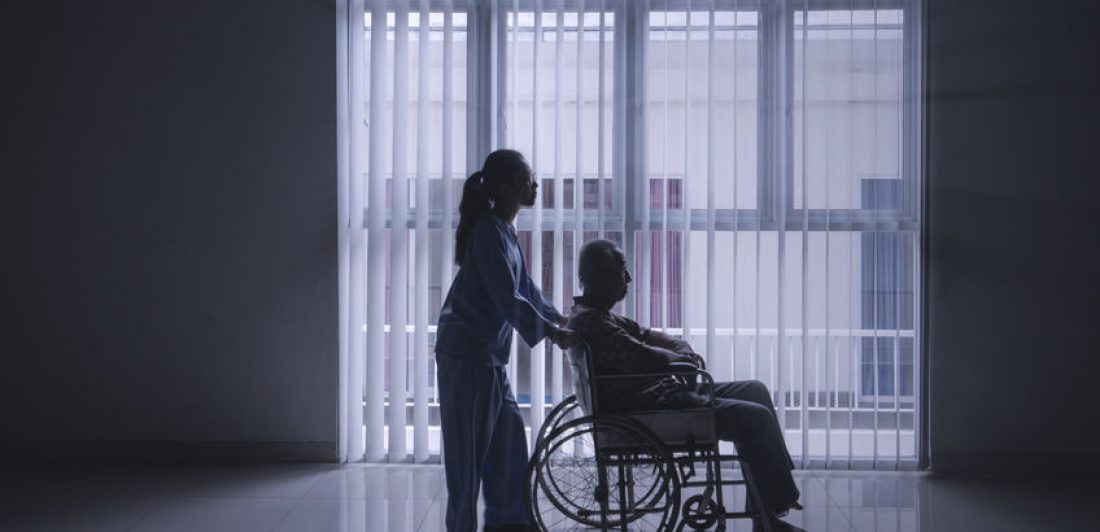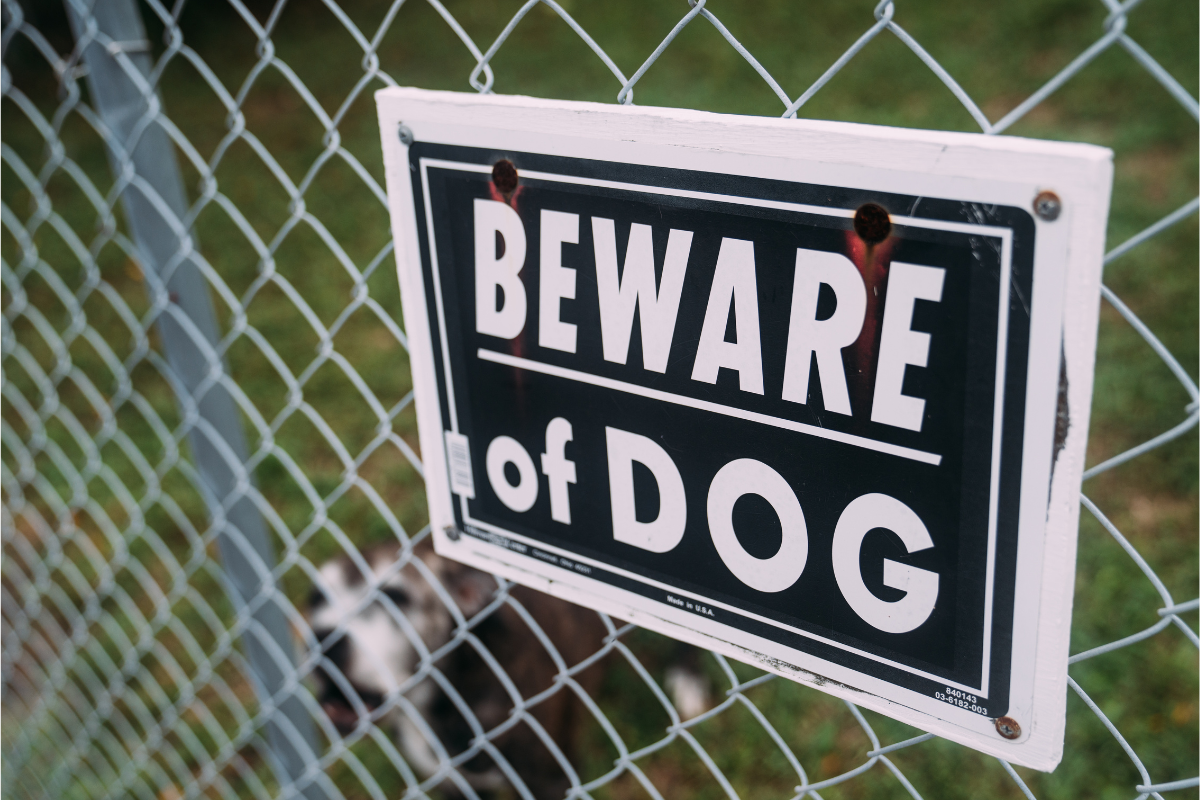According to research, about 70% of people will need long-term care services at some point in their lives. Today, there are over 3.2 million U.S. adults living in some version of an assisted living facility. With numbers like these, the reality of nursing home abuse and neglect should be frightening to everyone—even those who don't have loved ones in a facility today. Knowing the signs of nursing home abuse and neglect and what you can do about it can help you make informed decisions, protect your loved ones—and maybe even protect you one day.
It can be extremely frustrating for families to discover that their loved ones are being mistreated at a facility that they trusted. Whether intentional or not, elder abuse is abuse. Nursing home abuse can increase residents’ chance of death by 300% in the first three years following the abuse.
What kind of abuse can elderly people suffer?
Elderly mistreatment is underreported. Often, residents in nursing homes or other long-term care facilities don’t have any family left or very few visitors. As a result, they depend on nursing home caregivers to meet their most basic needs. In their twilight years, it is more important than ever for people to be treated with dignity. Elderly abuse can occur in the following ways:
Neglect
Neglect is similar to nursing home abuse, however, they are not the same. Neglect occurs as a breach of duty or form of substandard care that leads to harm. Neglect can take the following forms:
- Emotional or social neglect
- Personal hygiene neglect
- Basic needs neglect
- Medical neglect
Neglect most often occurs because of understaffing. A recent report shows that even the best-rated nursing homes have significant staffing shortfalls.
Physical Abuse
Elderly residents in long-term care facilities can be exposed to severe physical abuse. Physical abuse includes everything from punching, slapping, shoving, suffocating, kicking, misuse of both physical and chemical restraints. Warning signs your loved one may be experiencing nursing home physical abuse includes the following:
- Medical staff hovers, or won’t leave the resident alone with visitors
- Unexplained or recurring injuries
- Physical signs of restrains such as bruises or abrasions on wrists or ankles
- Sudden change in behavior, especially when caregivers are present
Emotional and psychological abuse
No matter how old a person is, verbal assault such as threats, humiliation, yelling and ridicule can lead to extreme sadness, fear and anxiety. Unfortunately, this type of abuse leaves invisible scars and may be difficult to observe. Still, it is important to pay close attention to the emotional and psychological health of your loved one. This kind of abuse can lead to significant health declines in elderly patients. Signs your loved one may be suffering from emotional abuse includes the following:
- Depression
- Withdrawal from others
- Agitation
- Excessive fear or nervousness
- Sudden change in personality
- Unusual behavior such as rocking or sucking
- Loss of appetite
Keep an eye out for these physical signs of elder abuse and neglect
An important step in protecting the rights of our elderly loved ones is to learn the dozens of warning signs associated with nursing home abuse and neglect. With this knowledge, you’ll hopefully be able to help your loved one before the problem progresses.
Weight Loss
While medication can affect a person’s appetite, this isn’t the only cause of weight loss in elders. Nursing home facilities are responsible for ensuring that all residents receive the necessary nutrition and hydration they need to maintain a healthy weight and remain in good health.
Bruises
Similar to weight loss, certain medications can make a person more susceptible to bruising, but bruising is rarely accidental. If you notice bruises in patterns of clusters or bruises that re-appear, this can be the sign of intentional bruising. A study in the Journal of American Geriatrics Society, Bruising as a Marker of Physical Elder Abuse, reported that bruises occurring as a result of physical elder mistreatment are often large and occur on the face, lateral right arm, and back of the torso.
Reclusiveness
You probably know your loved one better than anyone else. If you notice that they are becoming less social and are experiencing mood swings, it may be a result of elder abuse or neglect.
Poor Living Conditions
Sometimes evidence of nursing home abuse does not directly deal with your loved one, but rather the state of the conditions they reside in. Check out their room for bed bugs, unsanitary bathroom stalls, or cracked windows for example. If a nursing facility fails to maintain its facilities, you can almost guarantee they are also failing to maintain the standard of care for your loved ones that you expect.
Bedsores
Bedsores are a significant sign of neglect in elder care facilities. No matter what, nursing homes are required to make sure their residents who are at risk of developing pressure ulcers receive adequate care and services to ensure they don't. When this does not occur, the nursing home was negligent. It may be difficult to spot bedsores, but they generally appear in places where the skin is thin and where the skin is touching or rubbing against something, such as a bed or wheelchair.
Falls
Nursing home residents with gait or other walking issues are at risk of falls. Eldercare facilities should ensure that they have the proper protocols in place to prevent at-risk residents from falling.
You can take action against a negligent nursing home
By proving that the nursing home staff has subjected your family member to some form of elder abuse, you may be able to recover financial compensation for everything from medical expenses to damages for pain, suffering, and emotional distress. You can claim similar damages in a wrongful death lawsuit. Keep in mind that by taking legal action now, you will not only be helping to secure justice for your family member, but you also will be saving others from suffering similar abuse by holding the guilty parties responsible.
Contact a Nursing Home Abuse Attorney Near Me
Call a nursing home abuse attorney nearby by calling 800-359-5690 or filling out a nursing home abuse and a neglect contact form. We are available 24/7 and ready to help serve your needs and get justice for your loved one. We offer virtual consultations, free of charge.
Don’t let another day pass without an experienced advocate on your side to a negligent nursing home or managed care facility to account for the harm it has caused. Contact us for a free consultation with a Texas nursing home negligence attorney, or visit any of our Texas locations in Waco, Killeen, Round Rock, Temple, Austin, San Antonio, Laredo, Midland, Corpus Christi and Bryan. We serve victims of nursing home neglect and abuse and their families nationwide.




